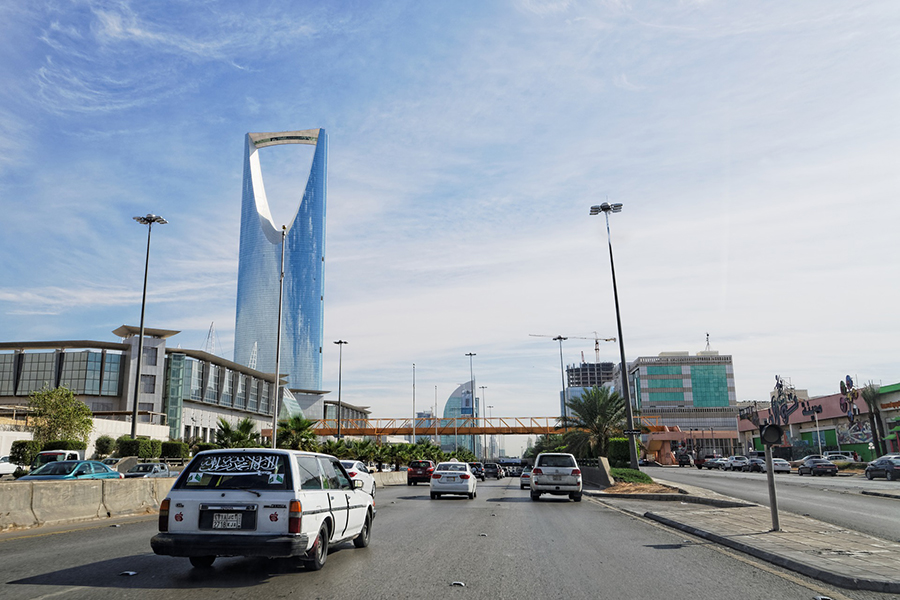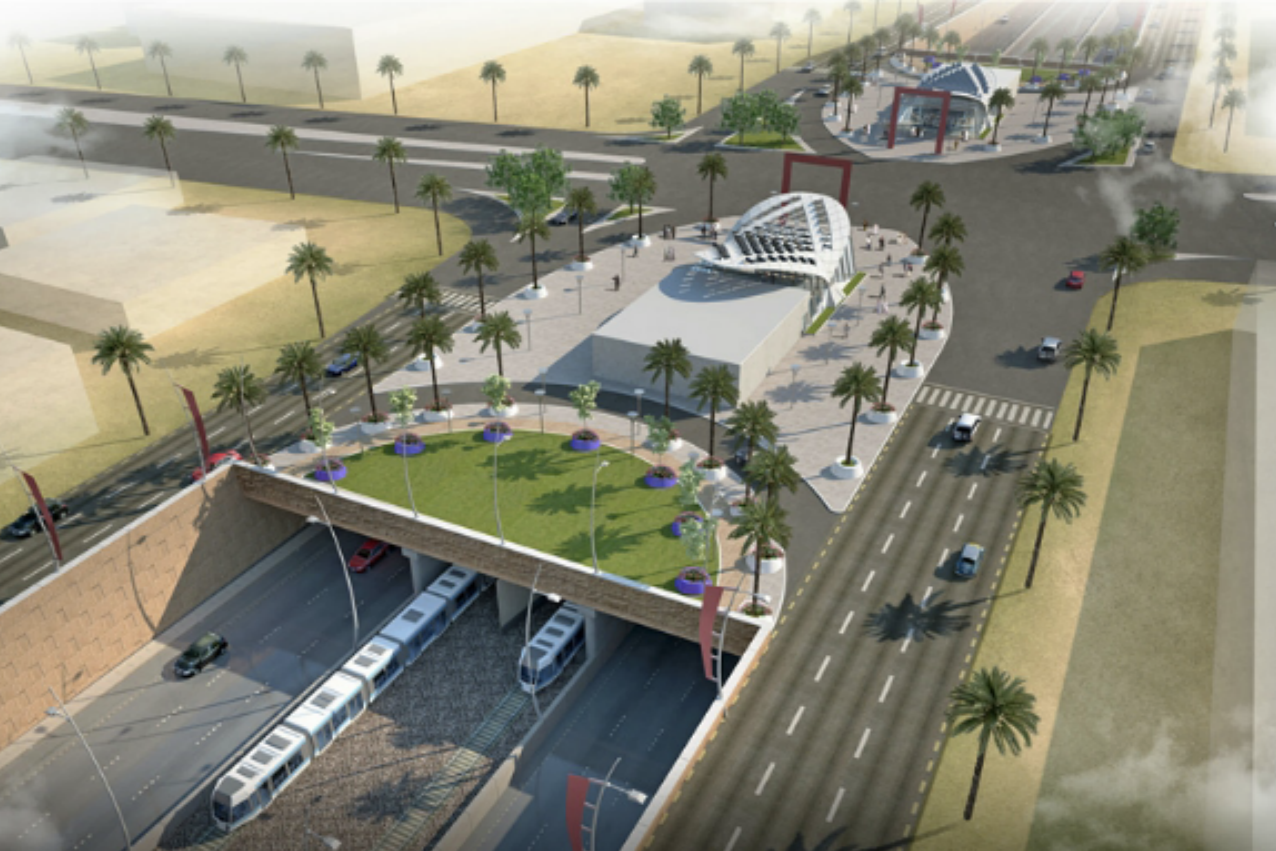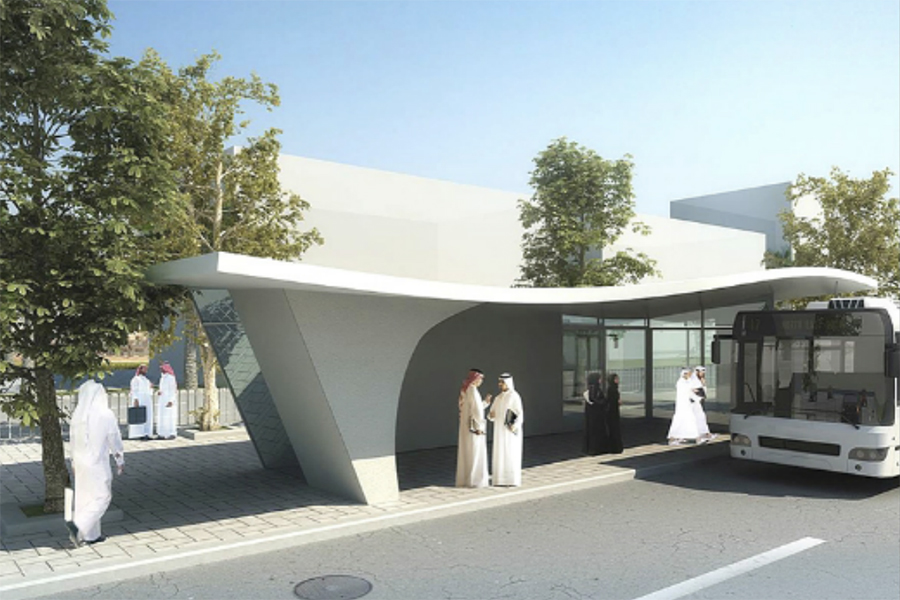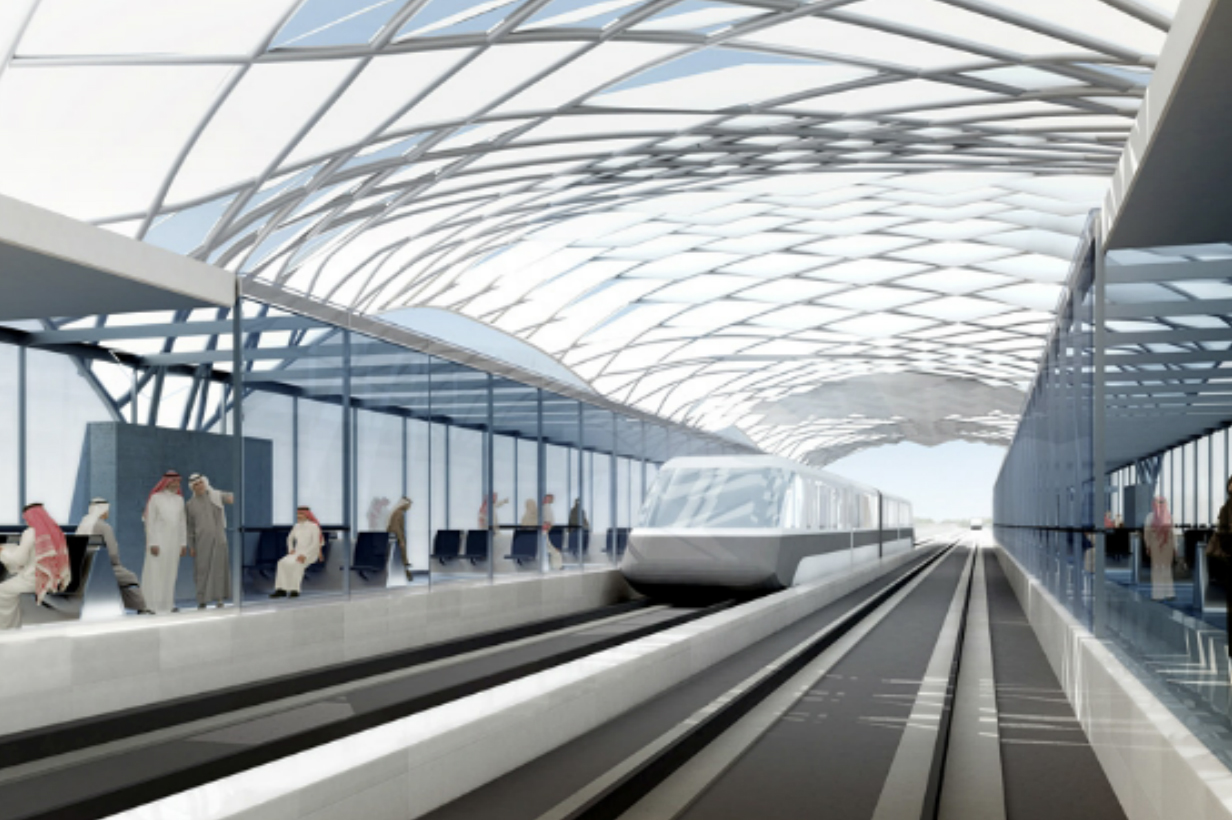
Just five years after the start of construction, the clock is ticking down to the opening of service on what will be Saudi Arabia’s very first urban railway system – the Riyadh Metro.
With a total of six lines, 176 kilometres of track and 85 stations, the network will finally provide the residents of this rapidly growing metropolis with the public transport services they deserve. It will transform mobility in the Saudi capital, reducing congestion and pollution and improving the quality of life for all inhabitants.

Operations are expected to begin on three of the six lines in mid-2020.
Test runs have already been completed on the three lines which will be the first to open for commercial service in 2020. Operating contracts for all the lines have already been awarded to a series of consortia of Saudi and international firms, one of which includes Alstom, Hitachi Rail and Italian state railway operator FS.
Complementing its $23 billion investment in the subway, the Riyadh Development Authority is also constructing a new bus network, with 80 bus routes transporting up to 900,000 passengers daily, many of them on their way to and from the new metro stations.

With the city’s population expected to grow to 8.3 million by 2030 from around 7 million currently, the metro will take cars off the streets, create new green areas and give Riyadh residents the option of using a comfortable, modern and efficient public transport alternative.
As well as improving the quality of the life across the city, the project will also consolidate Riyadh’s position on the cutting edge of innovation. Every single one of the 190 trains will be driverless. With rolling stock supplied by Siemens, Alstom and Bombardier, the Riyadh Metro will constitute the world’s longest driverless transport network.

At the start of trial operations in 2020, the trains are expected to be transporting up to 1.16 million passengers every day to all corners of the city, rising to 3.6 million years after 10 years. With a mass transit operation of this scale and of this quality, life in Riyadh will never be the same again![]()































